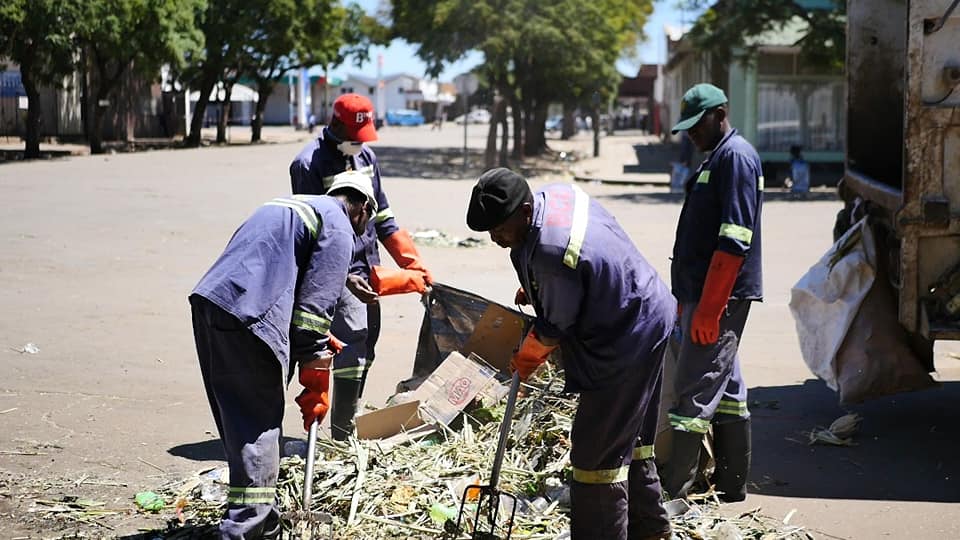The Zimbabwe Environmental Law Association (ZELA) has urged local authorities to provide sustainable refuse collection services and minimise the mushrooming of refuse dumps at undesignated sites.
The environmental law organisation made the call during the commemoration of World Environment Day under the campaign theme #BeatPlasticPollution which is a call to action for individuals, organisations, corporations, and governments worldwide to find solutions to reduce plastic consumption and promote sustainable alternatives.
Cities such as Bulawayo are battling with undesignated refuse dumps, with the local authority having introduced night-time refuse collection in the Central Business District (CBD).
Litter, waste and uncollected garbage have become an eyesore in the CBD.
In a statement, ZELA said challenges associated with plastic waste are worsened by the lack of capacity of state institutions to enforce and implement the legislation and the limited knowledge and educational programs among citizens.
They said plastic pollution (objects and particles) in the environment is a significant environmental challenge and is driving the triple planetary crisis relating to biodiversity and climate change.
“Plastics clog storm drains, causing flash flooding during heavy rains, which increases flash floods’ impacts, as seen in various cities in Zimbabwe. The Government of Zimbabwe passed the Plastic Bottles and Plastic Packaging Regulations Statutory Instrument 98 of 2010 to deal with plastic pollution. Although the regulations are commendable, they have not significantly reduced plastic use in Zimbabwe,” said ZELA.
They said some of the key provisions that could be included in the legal framework to reduce plastic pollution relate to Extended Producer Responsibilities for plastic manufacturers and retailers.
“The Government of Zimbabwe’s Integrated Solid Waste Management Plan(2015) recognizes the need to address plastic waste. In terms of the Plan, 18% of all waste disposed into landfills is classified as plastic waste, with the majority being carrier bag plastics. On this World Environment Day, ZELA calls for strengthening national policy frameworks through enacting strong policies aimed at reducing plastic pollution, including regulations targeting producers and consumers of plastic products.”
ZELA said the government can also play a role in reducing plastic pollution by enacting policies restricting single-use plastics, providing incentives for businesses to develop and use more sustainable packaging materials, and investing in waste management infrastructure.
“ZELA calls for the promotion of sustainable practices that reduce the reliance on single-use plastic products, such as reusable bags, water bottles, and containers. This can be done by encouraging sustainable production and consumption practices and choosing reusable alternatives to disposable plastic items, such as straws, bags, and water bottles.”
They said there is a need for improved waste management systems that encourage responsible plastic waste disposal and recycling.
“Recycling plastic whenever possible helps keep plastic out of landfills and incinerators, where it can release harmful pollutants into the environment.”
ZELA said plastic pollution has negative impacts on human health and the environment.

